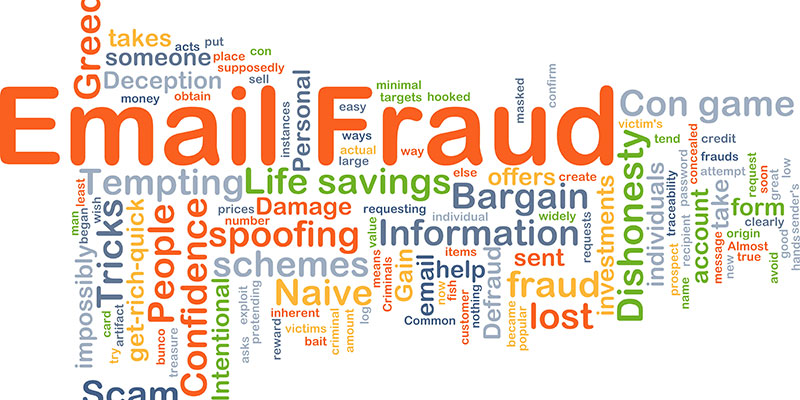The Affordable Care Act (ACA) is intended to make affordable health insurance available to all. But we have seen that simply making it available does not result in 100% enrollment…not even close. It seems odd that you would have to push and prod people to take advantage of something that is free, but that’s the reality of Obamacare. Millions of low to moderate income families in the United States would qualify for free health care through Medicaid or highly subsidized policies through the insurance exchange if they would just apply.
There are many reasons why some qualifying families do not take advantage of these health care benefits. Some find the process confusing and don’t know where to go for help. Some people just procrastinate and don’t give it much thought until there is a health emergency. Others simply fail to get the message in the first place. Failure to get the message is perhaps the biggest tragedy of all in this, the Information Age.
The IRS, for example, obtains information from tax returns that could help identify people who would be eligible for government-subsidized health care, but who don’t take the steps to make it happen. The key indicator is the earned income tax credit. NPR reports that about half the taxpayers who receive this credit would be eligible for “significant financial assistance.” There are some states that do a much better job than the IRS of informing these low-income families of the potential health benefits available to them. The IRS certainly could do more in this area since they are currently doing nothing (besides providing a link to the government health insurance website). Of course, sending them a notice from the IRS might not have the same effect as putting them in touch with a “navigator” who would contact them directly with assistance.









